Rachel’s Reflections
Prioritizing Goals for Speech-Language Therapy
By Rachel Betzen, M.A., CCC/SLP
 Many students with speech-language delays/disorders come to Dallas Reading and Language Services with a list of challenges that serve as barriers. These barriers may limit their ability to be successful across all areas of their lives.
Many students with speech-language delays/disorders come to Dallas Reading and Language Services with a list of challenges that serve as barriers. These barriers may limit their ability to be successful across all areas of their lives.
As speech therapists, we know that communication and learning challenges often come with a host of negative experiences and feelings that may fuel the child’s frustration and anger.
Across all ages, this might look to parents and educators like temper tantrums, shutting down, giving up, behavior problems at home or school, or just stinking thinking that reinforces false beliefs about how children are not smart enough or good enough to succeed.
It is important for us as therapists that we help families and educators understand that communication delays/disorders may be the direct underlying cause for these problems the child is experiencing.
When writing new and ongoing goals for therapy, our therapists take into account the challenges that are showing up in the child’s life, and how they may be related to their delay or disorder.
Questions Our Therapists Ask as Part of Our “Whole Child Intervention” System
- What are the family’s main concerns?
- What concerns have the child’s teachers expressed (both older and newer teachers)?
- How much failure has the child experienced, especially academic failure and repeated grades?
- What grade is the child in now, and how far behind is the child in school?
- What behavior challenges does the child have? How could these be related to speech and language development?
- What social and emotional issues exist as barriers?
- How sensitive is the child and how easily is his or her feelings hurt?
- How easy or difficult is it for the child to make friends? Does he or she have good relationships with friends, or have friends at all?
- Has the child experienced trauma from family, community, peers, bullies, etc.?
- How well does the child participate in family and group activities?
- How well can the child introduce him or herself (with clear speech and cohesive sentences) and join in unstructured play or conversation with new people?
- How well does the child relate to and engage with peers the child already knows?
- How common are communication breakdowns for the child?
- What beliefs do the child or family have that may be getting in the way of progress?
Considering what is expected of children at home and school is helpful. The further behind a child is academically, the more important it becomes to address goals within the context of literacy.
Rachel Betzen, M.A., CCC/SLP, is a licensed speech-language therapist and is the founder and owner of Dallas Reading and Language Services.

